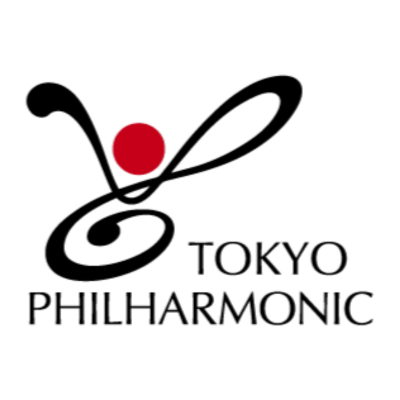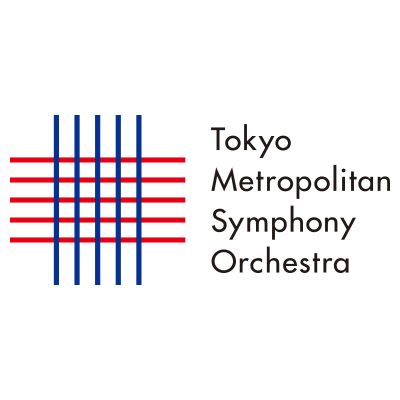| Address | 1-13-1 Akasaka Minato-ku Tokyo 107-8403 Japan |
| Contains | Blue Rose (Small Hall) Main Hall |
| Google maps | 35° 40' 1.146" N 139° 44' 27.089" E |
'We shall try to improve both hard and soft areas of our concert hall so that we can keep our great contribution for the development of classical music culture in Japan. We aim to become the place where people come to gather, enjoy and enrich their lives. We endeavour to plan and produce the highest quality concerts as our own and something only possible at Suntory Hall, in order to influence not only the Japanese musical scene, but the world scene as well.' excerpt of video message by President Tsuyoshi Tsutsumi
Metro
Suntory Hall is within walking distance from a number of Tokyo Metro stations. The closest are:
- Roppongi-itchome Station; Exit 3: 5 min walk from the ticket gate; Namboku line
- Tameike-sanno Station; Exit 13: 7 min walk from the ticket gate; Ginza line
Plan your journey and find up to date travel information on the Tokyo Metro website
Bus
Nearest bus stop is ‘Akasaka Ark Hills’. Toei Bus: 都 01 line Shibuya-Shinbashi route: 2-3 min from the bus stop
Taxi / Car
Travel times:
From Ikebukuro, Shinjyuku and Shibuya: 5 minutes from the Kasumigaseki exit of the Metropolitan Expressway.
From Haneda, and Ueno: 10 minutes from the Iikura exit of the Metropolitan Expressway.
Drop-off area:
Alight from the vehicle near the sign: ‘Suntory Hall Kousha-jo (drop-off point)’. Use the adjacent escalator or lift to 2F, ARK Karajan Place in front of the hall.
Parking nearby:
- ARK Mori Building (B2 floor drive-in parking); Phone: +81-(0)3-6406-6384
- ANA InterContinental Tokyo; Phone: +81-(0)3-3505-1111
- The Okura Tokyo; Phone: +81-(0)3-3582-0111
There are a number of bars and restaurants close to Suntory Hall, such as: ANA InterContinental Tokyo, Izumi Garden and Hibiki Futei Akasaka. At the Akasaka ARK Hills development you can get promotional services at restaurants with your stub.
There is no dress code for concerts at Suntory Hall — wear whatever you feel comfortable in. However, please refrain from wearing clothes, shoes and accessories made with materials that may make noise to avoid disturbing your fellow audience.
There are no child care or crèche facilities but there are a lot of activities and concerts dedicated to children.
Children 6 years of age and over, accompanied and supervised by an adult, are very welcome at the Hall. Under 6s are encouraged to participate in the events for under 6s programme.
Suntory Hall welcomes everyone and is available to all. The Hall is working hard to remove barriers so that the facilities and events can be accessible to as many people as possible. Please do not hesitate to contact your nearest ‘Receptionist’ for any assistance.
Suntory Hall has:
- Removable chair spaces (14 seats available)
- Wheelchair space in Main Hall (6 seats available)
- Wheelchair ramp
Step-free route:
Taxi/Car, Drop-off point
Alight from the vehicle near the sign: ‘Suntory Hall Kousha-jo (drop-off point)’. Use the adjacent escalator or lift to 2F, ARK Karajan Place in front of Suntory Hall.
Metro
Roppongi-itchome Station; Central Gate: Namboku line
Tameike-sanno Station; Exit 14; Ginza line
Suntory Hall opened in October 1986 as Tokyo’s first dedicated concert hall, with the concept ‘In pursuit of the world’s most beautiful sound’. The hall also realised Keizo Saji, president of Suntory Ltd., the long-held dream of enriching people’s lives through music.
Since its opening, Suntory Hall has had top-class performances by leading musicians from Japan and overseas. Today, Suntory Hall is the busiest concert hall in Japan. It holds more than 600 events and welcomes approximately 600,000 visitors every year.
Across many generations, the Suntory Group has been deeply involved in cultural and social contribution activities based on the belief of its founder, Shinjiro Torii, that we should implement our business under the spirit of ‘Giving back to society’. He believed that profits from business should be used in three ways: to improve customer services, expand business, and give back to society. Today, Suntory Hall reflects this spirit in all its activities.
Suntory Hall is noted for its superior acoustics and was the first concert hall in Japan to adopt the vineyard style, which Herbert von Karajan keenly advocated. In this style, seating surrounds the stage in terraced rows, allowing the musicians and audience members to share a common, immersive musical experience.
Since the beginning, Suntory Hall has offered its own originally curated programmes as part of its mission. Suntory Hall’s Summer Festival, a contemporary music festival held since 1987, and the Chamber Music Garden, an early-summer chamber music festival that began in 2011, today attract international attention.
In April 2012, a year after the Great East Japan Earthquake, Suntory Hall joined forces with the Vienna Philharmonic Orchestra (Wiener Philharmoniker) to launch the ‘Vienna Philharmonic & Suntory Music Aid Fund’ to provide ongoing support for areas affected by the disaster and the entire country through music. The fund assists in promotion and concert activities.





